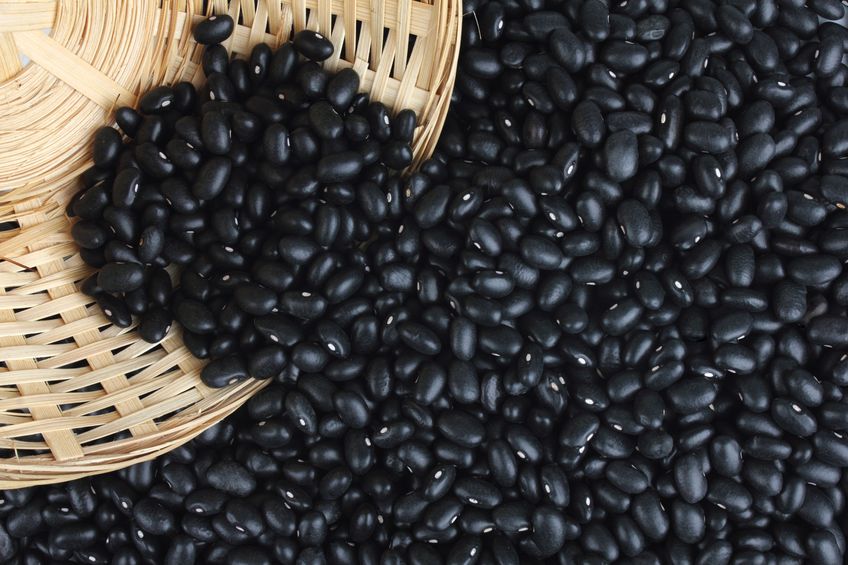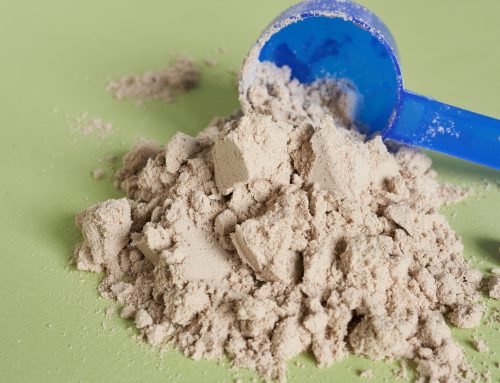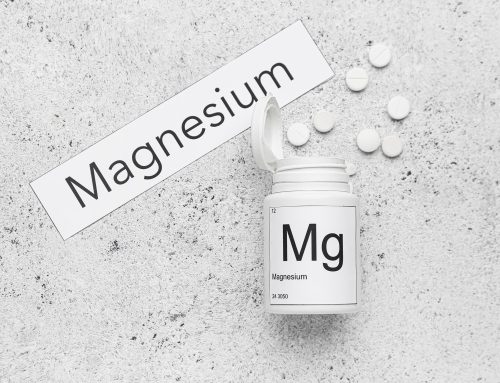Healthy protein does not mean mixing up protein powders every morning. In fact, I discourage my clients from using this shortcut. Many protein powders have a lot of added sugar and other artificial ingredients.
Harvard Health warns of some possible hidden dangers of using this protein source:
What are the Risks?
There are numerous risks to consider when using a protein powder. Among them:
- A protein powder is a dietary supplement. The FDA leaves it up to manufacturers to evaluate the safety and labeling of products. So there’s no way to know if a protein powder contains what manufacturers claim.
- We don’t know the long-term effects. There are limited data on the possible side effects of high protein intake from supplements.
- It may cause digestive distress. People with dairy allergies or trouble digesting lactose can experience gastrointestinal discomfort if they use a milk-based protein powder.
- It may be high in added sugars and calories. Some protein powders have little added sugar, and others have a lot (as much as 23 grams per scoop). Some protein powders wind up turning a glass of milk into a drink with more than 1,200 calories.
- The risk: weight gain and an unhealthy spike in blood sugar. The American Heart Association recommends a limit of 24 grams of added sugar per day for women and 36 grams for men.
A new risk revealed
Earlier this year, a nonprofit group called the Clean Label Project released a report about toxins in protein powders. Researchers screened 134 products for 130 types of toxins and found that many protein powders contained heavy metals (lead, arsenic, cadmium, and mercury), bisphenol-A (BPA, which is used to make plastic), pesticides, or other contaminants with links to cancer and other health conditions. Some toxins were present in significant quantities. For example, one protein powder contained 25 times the allowed limit of BPA.
Healthy Protein Sources
Instead of the convenience of a protein shake for breakfast, what are some healthy protein sources that can yield a quick breakfast?
Overnight oats are an easy way to add a grab-n-go source of healthy protein in the morning. You just mix and refrigerate the night before and then pack up in the morning. Oats are a healthy protein source. This recipe adds black beans as another healthy protein source. Along with the cocoa powder and maple syrup, this makes a very tasty breakfast.
Just mash the black beans in the bottom of your jar and they not only add protein and fiber to fill you up and give you sustained energy, but they also add a creamy texture that complements oatmeal perfectly. Black beans are also high in iron, and this recipe offers 34 percent of your daily amount. Feel free to use canned black beans, just buy the no-salt or low-salt type and run water over them to remove the excess salt.
High-Protein Black Bean Brownie Overnight Oats
For 365 calories, this bowl of creamy chocolatey goodness offers 17.1 grams of protein, a whopping 11.1 grams of fiber. This recipe also has under 10 grams of sugar. You’ll notice this oatmeal isn’t super sweet like actual brownies, so if you want it sweeter naturally, add some fruit like sliced banana, strawberries, raspberries, or a chopped date.
INGREDIENTS
- 1/3 cup black beans
1/2 cup rolled oats
1 teaspoon chia seeds
2/3 cup unsweetened soy milk
3/4 teaspoon cocoa powder
1 tablespoon maple syrup
1 teaspoon chopped walnuts (topping)
1 teaspoon cacao nibs (topping)
DIRECTIONS
- Add black beans to a bowl or Mason jar and mash them with a fork until smooth.
- Add the rest of the ingredients (except for the walnuts and cacao nibs) and mix thoroughly with a spoon.
- Place in the fridge overnight or for at least eight hours.
- In the morning add the walnuts and cacao nibs and enjoy!
NUTRITION (per serving)
Calories 365
Fat 10.3g
Carbs 54.1g
Protein 17.1g
Click here for this healthy protein recipe.






